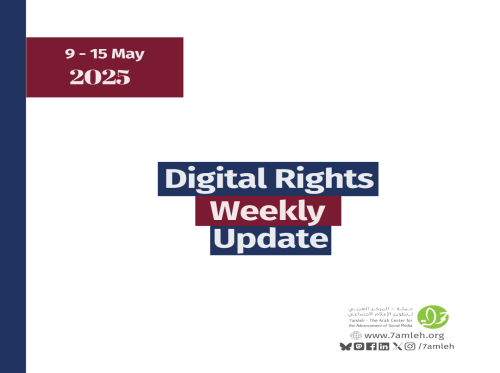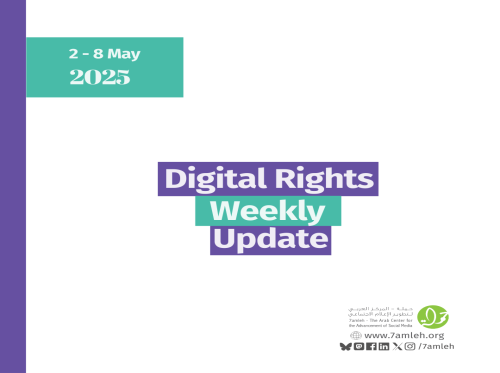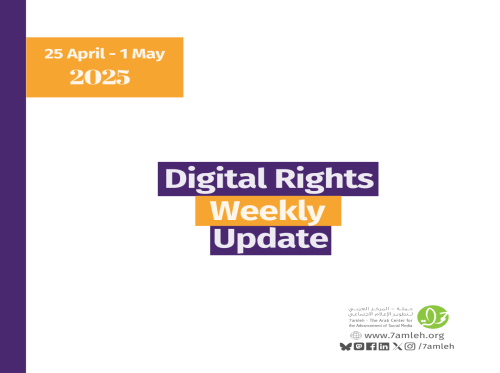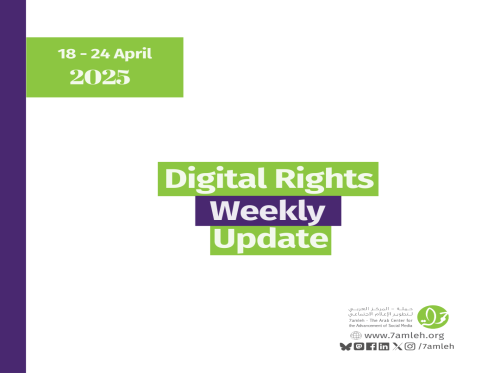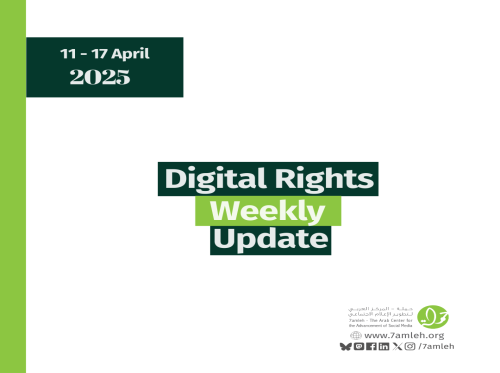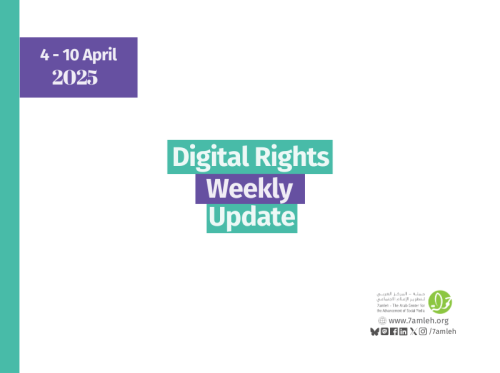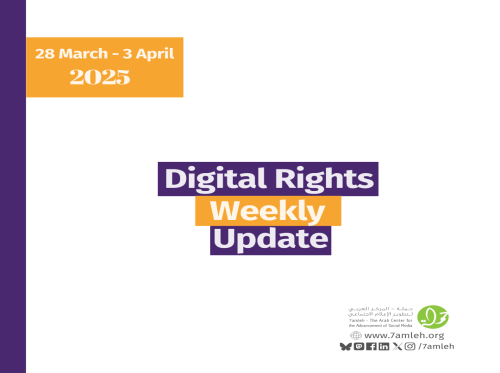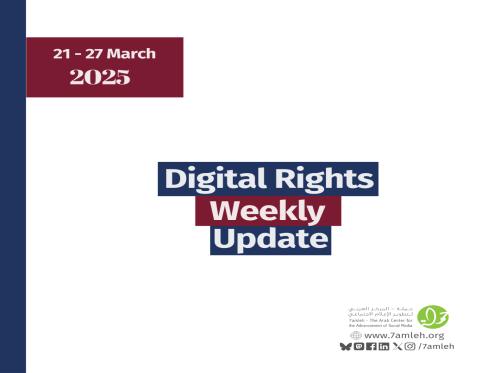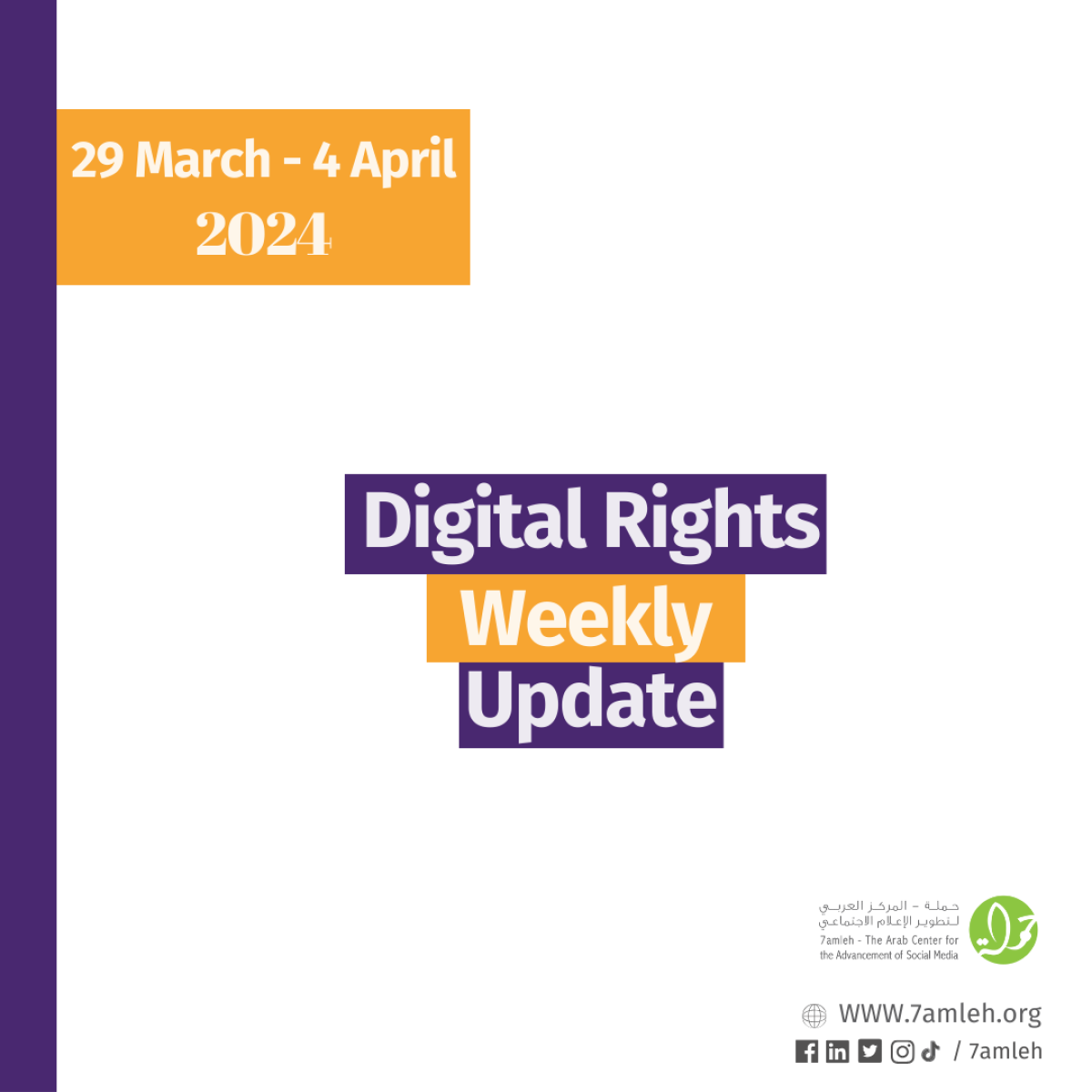
1.
Attacks, arrests, threats, censorship: The high risks of reporting the Israel-Gaza war (English)
CPJ
Since the Israel-Gaza war began on October 7, journalists and media across the region have faced a hostile environment that has made reporting on the war exceptionally challenging. In addition to documenting the growing tally of journalists killed and injured, CPJ’s research has found multiple kinds of incidents of journalists being targeted while carrying out their work in Israel and the two Palestinian territories, Gaza and the West Bank. These include 25 arrests, as well as numerous assaults, threats, cyberattacks, and censorship. As of April 3, CPJ’s records showed that 19 of these journalists were still behind bars.
2.
Meta’s oversight board urges Facebook, Instagram to lift ban on ‘shaheed’ (English)
Aljazeera
The oversight board of Meta, the social media giant which owns Facebook, Instagram and WhatsApp, has ruled that a ban on the use of the word “shaheed” – “martyr” in Arabic – should be lifted. Meta has acknowledged that the term “shaheed” accounts for more content removals under the company’s content moderation policy than any other single word or phrase on its platforms. In a policy advisory note, the company’s oversight board stated: “The Board has found that Meta’s current approach disproportionately restricts free expression, is unnecessary, and that the company should end this blanket ban.”
3.
Israel using mass facial recognition tech on Gazans (English)
Boing Boing
Israel's economy runs on tech. Military tech, household tech, cloud computing, you name it. So it's not really surprising that Israel would utilize the tools that they have on hand, and especially ones that they're eager to test out, on the neighbors that they're at war with. They've been doing this for years with weapons, so surveillance technologies aren't a huge leap. "Israel quietly rolled out a mass facial recognition program in the Gaza Strip," reports The Verge. Corsight, which has boasted that its technology can accurately identify people even if less than 50 percent of their face is visible, used these photos to build a facial recognition tool Israeli officers could use in Gaza.
4.
Fortune
A Meta employee has expressed fears that an internal ban on controversial political topics is the beginning of censorship across its platforms like Instagram and Facebook, claiming she was removed from the company’s systems for two months after penning concerns about the Israel-Gaza conflict. Saima Akhter, a New York-based data scientist at Meta, claims that she was placed “under investigation” and kicked out of internal systems for “speaking up for Palestine.”She now alleges the investigation has concluded and she has returned to Meta.
Related Articles
Subscribe to Our Email Alerts
And stay updated with our latest activities, news, and publications!

